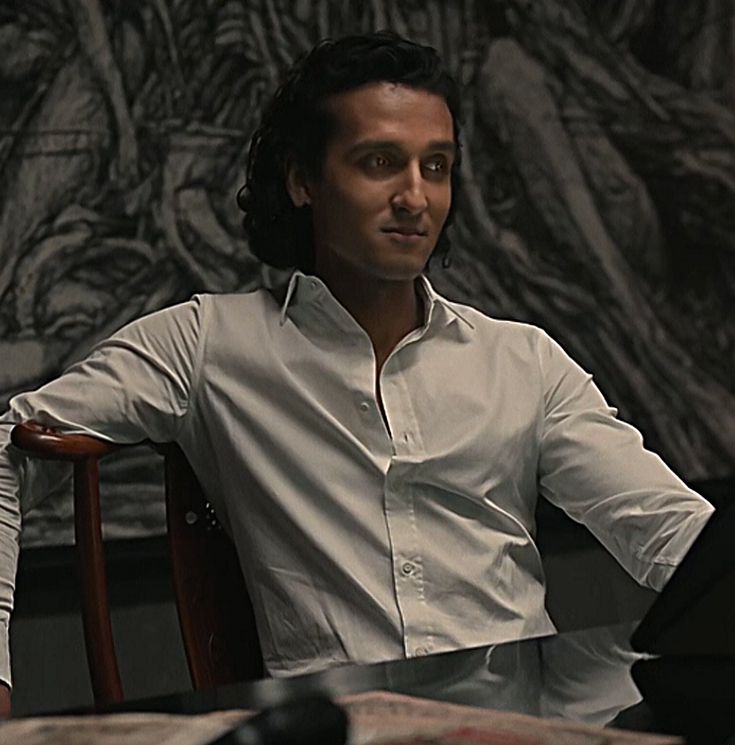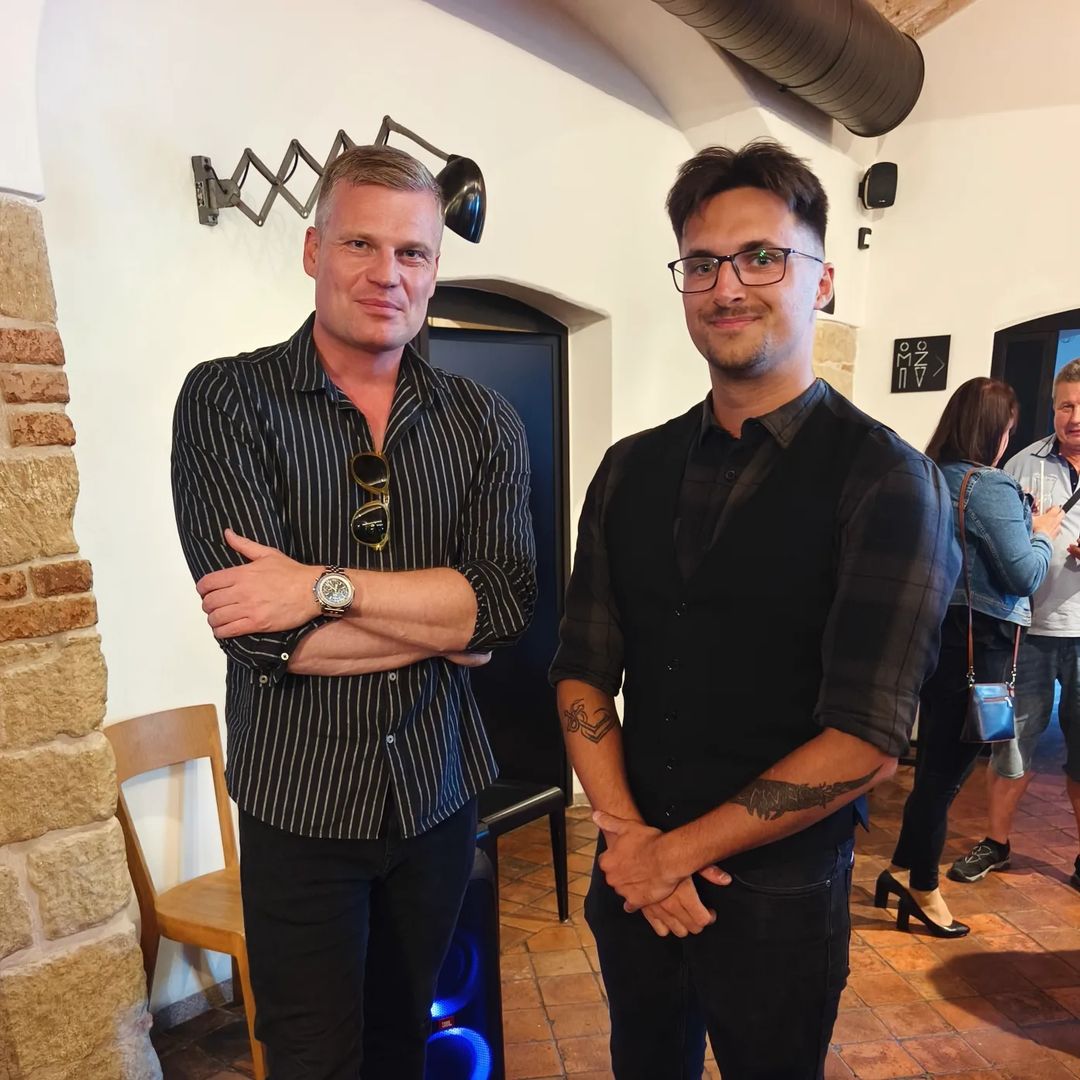The allure of Interview with a Vampire, both as a novel and through its adaptations, lies in its haunting exploration of the human condition through the lens of immortal beings. But when we look closely at what “BMTI” could signify in this context—Betrayal, Mortality, Transformation, and Immortality—we uncover the very essence of Anne Rice’s creation. This isn’t simply a vampire tale; it’s a profound exploration of identity, moral conflict, and the search for purpose in an endless existence. Through the lens of BMTI, we can better understand the narrative’s complex themes, which captivate audiences by touching on questions about life, death, and what lies between.
Betrayal: The Loss of Trust and Identity
Betrayal is a central, gut-wrenching theme in Interview with a Vampire, serving as a catalyst for the characters’ most significant conflicts. For the vampires in this story, betrayal is not only a personal experience but also an existential one. Louis, the protagonist, experiences one of the most intense betrayals imaginable when he is turned into a vampire by Lestat. This act robs Louis of his human life, forcing him into an existence he neither wanted nor understands. Here, betrayal becomes a violation of identity, as Louis is stripped of his mortality and thrust into a dark, unending world where he no longer recognizes himself.
The theme of betrayal deepens as we see Louis, Lestat, and even Claudia—the child vampire—navigate their relationships. Claudia’s own transformation is an intense form of betrayal, as she is turned into a vampire while still a child, destined to an eternity of physical stasis despite her ever-growing intellect. The tragic twist here is that Claudia becomes both a victim and perpetrator of betrayal. Her resentment toward Lestat for robbing her of a normal life builds over time, culminating in her betrayal against him as she seeks freedom from his control.
This betrayal is not limited to the personal sphere; it reverberates through the characters’ very understanding of existence. Each betrayal serves as a reminder of the vampires’ lost humanity and forces them to confront the disorienting reality of their existence. In this world, betrayal is not just an act against another person; it is a reminder of the ultimate betrayal of life itself, where they must continuously exist, detached from the human world yet haunted by the remnants of their human emotions.
Mortality: The Weight of Immortality and the Loss of Humanity
In Interview with a Vampire, the concept of mortality is complex. Despite their immortality, vampires in Anne Rice’s universe are haunted by a longing for the mortality they left behind. Mortality, or rather the loss of it, becomes a central aspect of their suffering. Louis, more than any other character, wrestles with this concept, often reflecting on the ephemeral nature of human life and lamenting the permanence of his own.
For Louis, immortality becomes a curse because it prevents him from experiencing the natural progression of life and death. While humans experience time as a journey with a definitive end, vampires are stuck in a continuous cycle, experiencing the decay of centuries around them without any personal transformation. This unchanging state creates a profound sense of isolation, as the vampires witness the world evolve and the people they care for grow old and die, while they themselves remain unchanged.
Claudia’s struggles with mortality are perhaps the most poignant. Although she possesses an adult’s mind, her body remains that of a young child, creating a cruel paradox. She is immortal yet denied the growth that would accompany a full, human life. Her unique suffering highlights the complexity of immortality; without the natural progression of life, existence becomes hollow and unfulfilling. Mortality, therefore, becomes not just a human limitation, but an essential part of meaningful experience. For vampires, the absence of mortality is a constant reminder of everything they have lost, creating a hollow existence that is both eternal and eternally lacking.
Transformation: The Price of Becoming a Vampire
The transformation from human to vampire in Interview with a Vampire is not just a physical change; it represents a complete rebirth into a world where moral codes are blurred and humanity is all but lost. Louis’ transformation is traumatic, as it involves shedding his human values and instincts in exchange for the predatory nature of a vampire. Transformation in this context is as much a psychological journey as it is a physical one, pushing each vampire to confront the darkest corners of their psyche.
Unlike conventional portrayals of vampires, where the transformation is often depicted as empowering, Rice’s vampires experience it as a loss of self. Louis, for instance, is unable to fully embrace his vampire nature because he remains haunted by his human morals and ethics. This conflict creates a constant inner turmoil as he grapples with the necessity of killing to survive while still feeling remorse for each life he takes. The transformation leaves him in a perpetual state of limbo, unable to completely let go of his humanity but also unable to live as he once did.
Transformation also has unique implications for Claudia. Her transformation into a vampire as a child traps her in a body that will never mature. This twisted form of immortality forces her to confront the reality of her existence in a way that is fundamentally different from the others. She resents her static form, which denies her the possibility of a normal, evolving life. For Claudia, transformation is the ultimate betrayal, as she was given no choice in the matter, making her resent both her creators and her unending existence. Transformation, in Rice’s narrative, is a process that strips vampires of their former lives and identities, creating beings that exist in an unnatural state of timelessness and despair.
Immortality: A Double-Edged Sword of Eternal Existence
The theme of immortality in Interview with a Vampire is as alluring as it is horrifying. Vampires in this universe are granted eternal life, yet it comes at a profound cost. Unlike human life, which is marked by growth, change, and an eventual end, immortality is static, trapping vampires in an unchanging existence. This unending life gives rise to both isolation and apathy, as the characters are forced to witness the passage of time without being part of it.
Immortality, rather than being a gift, becomes a slow descent into madness for many characters. They are immortal observers, watching the world and everyone they love change, decay, and die while they remain untouched by time. This detachment from the natural order of life and death isolates them not only from humans but also from each other. Lestat, in particular, seems to revel in his immortality, indulging in the pleasures of his eternal life. However, even he is not immune to the loneliness and existential dread that comes with living forever.
The profound irony is that while vampires are forever shielded from death, they experience a metaphorical death of their own—an end to personal growth and the joy of ephemeral experiences. Claudia, in particular, suffers as she is forever locked in a child’s body, experiencing the frustrations of an unchanging existence. Immortality becomes a prison, trapping each vampire in a state of existential stasis, where life is prolonged but devoid of purpose or fulfillment.
Conclusion: BMTI as a Reflection of the Human Condition
Interview with a Vampire uses the BMTI elements—Betrayal, Mortality, Transformation, and Immortality—to craft a story that resonates deeply with readers. These themes are not just characteristics of vampire life but reflections of universal human experiences. Betrayal, whether of others or of oneself, speaks to our own struggles with trust and identity. Mortality, and the loss thereof, highlights the fleeting beauty of life that vampires can no longer fully appreciate. Transformation forces us to confront the inevitable changes in life that shape who we are, while immortality magnifies the fear of an unfulfilling existence.
In the end, Interview with a Vampire is not just a horror story but a psychological exploration of what it means to exist without an end, to love without change, and to live without true life. Through the lens of BMTI, we see that the vampires’ suffering is not entirely alien; it mirrors our own existential fears and desires, making Interview with a Vampire a timeless reflection on the human condition.



